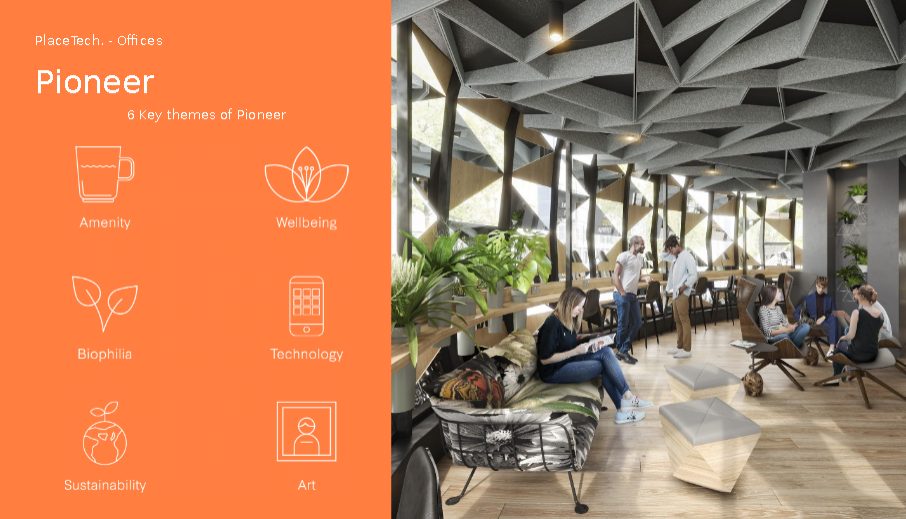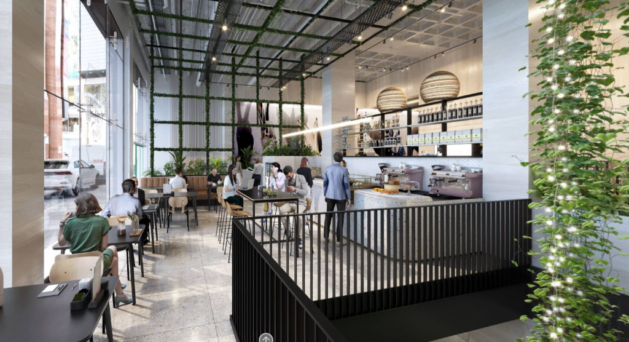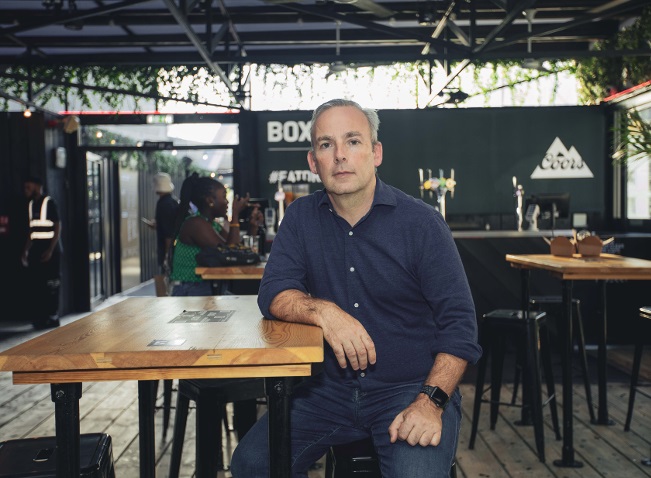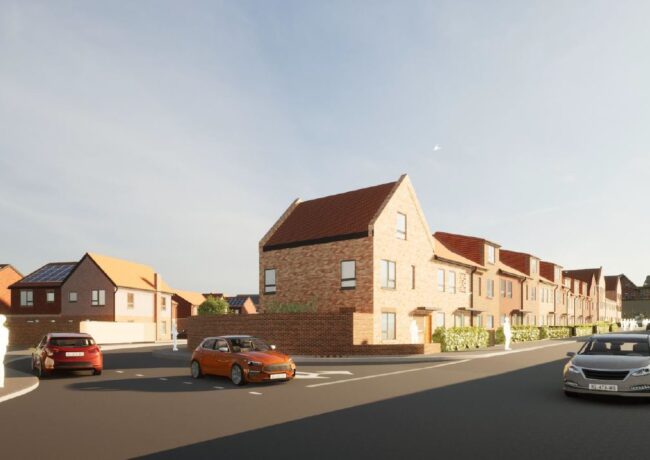Event Summary
PlaceTech Offices: Early adopters will prosper
Experts from across the industry agreed changes to the office market in recent months were already in progress prior to the Covid-19 pandemic and, in the coming months and years, the office would have a more important role than ever before as long as landlords acted quickly to implement changes and upgrade their assets.
The event was hosted by PlaceTech and Place North West publisher Paul Unger and sponsored by Mallcomm, Mills & Reeve, Node and Bruntwood Works. The event was the first in a new Place conference format, using a platform called Remo, which enables networking on digital ‘tables’ as well as many other features.
Key questions:
- Does the office have a future after the enforced trend of homeworking?
- What can landlords do to future-proof their assets?
- In a changing world, what will occupiers demand from a workspace?
Main takeaways:
- Many of the changes we have seen come to the fore in recent months were already in play before the pandemic
- Those landlords who choose not to or cannot upgrade their assets could be left behind as demand shifts
- The office will need to provide more amenities and services than ever before in order to win the ‘war on talent’ and entice people back to city centres
A video recording of the event is available for ticketholders only. To buy access to the video for £25+VAT, email events@placetech.net
Pioneering change
Andrew Cooke, director of Bruntwood Works in Manchester, said many of changes that have become more apparent since the pandemic were already in play before the national lockdown.
The £50m Pioneer building programme, a project that continues to see several of the company’s Manchester office buildings undergo drastic refurbishments, was a “big step forward pre-Covid” in terms of adapting to occupier demand, Cooke said.
Blackfriars House, 111 Piccadilly and Lowry House, to be rebranded as Bloc, are the three assets Bruntwood Works is focusing on as it tries to create “offices of the future” that incorporate six key features:
Since lockdown and an enforced period of homeworking, the emphasis on work-life balance has come into sharper focus than ever before.
“Bruntwood Works is responsible for creating spaces where work and life thrive together. The pandemic and lockdown enforced a huge social experiment of working from home,” Cooke said.
The buildings are the first step in Bruntwood Works’ effort “to pivot and support customers by offering flexibility to the 55,000 people who use their offices”, Cooke added.
Bruntwood Works’ decision to restructure its internal team and offer a dedicated account manager for all tenants was informed by a survey the firm carried out which found that 92% of 2,600 respondents thought communication was key.
Cooke also revealed that Blackfriars House, one of the Pioneer buildings, had been viewed virtually 2,000 times in the last three months and that an online booking system had helped Hatch, the firm’s food and drink venture on Oxford Road, reopen safely after lockdown.
“Innovation has to be at the heart of changing environment in terms of creating a frictionless way of being able to rent space. The Covid-19 crisis highlighted the importance of technology,” Cooke said.
- View Bruntwood Works office schemes on the Place North West Development Map
Future-proofing offices
The panel
- Andrew Cooke, director of Manchester, Bruntwood Works
- Caroline Pontifex, director, workplace experience, KKS Savills
- Dilon Hilton, technical director, Hydrock
- Christian Anderton, advising principal, Node
Caroline Pontifex said most of KKS Savills’ client work post-Covid-19 has been focused on how landlords can repurpose existing office space to cope with changing occupier demand.
“Longer term landlords are looking at a 50% reduction in occupancy as the trend for home working continues. That means organisations are looking at how to reconfigure space,” she said.
Paradoxically, Pontifex said that reduced occupancy meant that firms might need more space and that simply “slashing space” would not work and result in inferior workplaces.
Dilon Hilton said clients were becoming more aware of the issue of sustainability and, despite the distraction of Covid-19, the carbon agenda was still a priority for developers and landlords looking to refurbish.
“People are coming to us and asking questions about how they can be carbon neutral. Everyone is starting getting the message that we need to do something to help the planet,” he said.
Christian Anderton said there was an increase in landlords committing to future-proofing their assets and a shift in momentum towards landlords who understand what offices of the future need to look like in terms of flexibility and the service they need to provide.
“There are some landlords who are being more proactive than others. When you consider the importance of connectivity, those landlords making a commitment and finding the budget will be those who see their assets perform better.
“It’s not a question of should you but can you afford not to?”
Andrew Cooke said Bruntwood employs a team of people who look at micro and macro trends in the market, as well as having a ring-fenced R&D budget, to identify new tech.
“We are continually on the search for new things on the horizon and we look at impact on rent, retention rates and customer satisfaction surveys. If it doesn’t have an impact we move on.
“Expectations have gone up, you need a good workspace to win the war on talent and lure people back to offices.”
London’s smartest building
Central London’s 22 Bishopsgate, a 62-storey, 1.4m sq ft office building, will provide occupiers with a ‘vertical village’ complete with 200,000 sq ft of integrated amenity space including an entire floor given over to six different restaurants, said Karen Cook, founding partner of PLP Architecture.
A climbing wall, high-altitude training room, a free-to-access public viewing gallery, 1,700 cycle spaces, 51 lifts and a touchless entry system also feature within the mould-breaking skyscraper that PLP designed for developers AXA Real Estate and Lipton Rogers Developments.
The project team for the development, which includes Multiplex as the main contractor, also included a theatre set designer and food nutritionist.
Work is due to complete this autumn with occupiers moving in in January 2021. The building is already 70% let.
Tech: A new amenity
The panel
- Karen Cook, founding partner, PLP Architecture
- Meyer Prinsloo, chief marketing officer, essensys
- Hannah Cheminais, principal associate, Mills & Reeve
- Andrew Mercer, office sector lead, Legal & General Investment Management
Meyer Prinsloo said landlords should view technology as an extra layer of provision and described it as “a new amenity”.
“When people go back to office it has to be attractive and they have got to have a better experience to what they have at home. In order to compete, landlords are taking a more conscious and deliberate view on what is happening and wrapping the services around the space to make the offices more compelling,” he said.
Security, wellbeing and speed of service were the primary concerns for occupiers, Prinsloo said.
“Occupiers are the driving force. They want to be 100% sure they are in a secure environment and they want things to happen quickly without delay.
“They want a predictable service model and they want the landlord to look after that on their behalf.”
Hannah Cheminais said, despite a flurry of renegotiations in the short term, the office still had a place although occupiers would be looking for more flexibility in the future.
“While Covid took everyone by surprise and has affected the market, the culture of office working and the way offices were being designed was changing already.”
She added that landlords who were looking to implement technology to upgrade their assets would have to decide how they were going to fund it and suggested the idea of a “service charge”.
Andrew Mercer said LGIM planned to double its roll-out of the firm’s flexible working arm, Capsule, as a result of changing office demand and that core and flex leases – an agreement which sees an occupier take some core space with the option to take more at a later date if needed – were becoming more common.
However, he said there was some “nervousness” around the idea of the hub-and-spoke office model – whereby a firm has a head office, usually in a city centre, but allows workers to utilise suburban satellite offices – and how it would work in the long run.
Mercer added that LGIM was reviewing its retail assets and “cautiously” looking at the possibility of converting some of them into offices.
Speaking more widely about the impact of the pandemic on city centres, Karen Cook said the response to Covid-19 should not be to “de-densify” cities but rather to create higher density cities that are “walkable”.
A video recording of the event is available for ticketholders only. To buy access to the video for £25+VAT, email events@placetech.net.










